
When it comes to tooth replacement, dental implants have become the gold standard. Unlike dentures or traditional bridges, which only address the cosmetic aspect of missing teeth, dental implants go deeper—literally. Dental implants offer benefits that extend below the gum line. They also play a vital role in maintaining long-term oral health. A significant benefit of dental implants is their ability to help with bone preservation.
The Relationship Between Teeth and Bone Health
To understand why bone preservation is essential, it’s important to recognize the relationship between teeth and jawbone. The roots of teeth are embedded in the jawbone, and when you chew, these roots stimulate the bone, keeping it healthy and strong. This process is known as osseointegration, where chewing forces are transferred to the jawbone, promoting bone density. When a tooth is lost, that specific section of the jaw no longer receives stimulation. Over time, this lack of regular stimulation leads to bone resorption or shrinking—a process where the body reabsorbs bone tissue, leading to bone loss and shrinkage in the jaw.

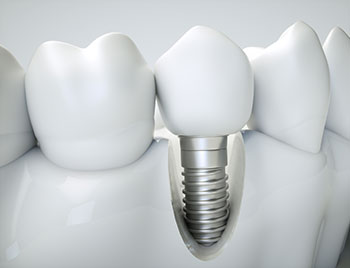 function. Learn how dental implants can dramatically improve quality of life, focusing on their benefits, the procedure, and the long-term impact on oral health and well-being.
function. Learn how dental implants can dramatically improve quality of life, focusing on their benefits, the procedure, and the long-term impact on oral health and well-being.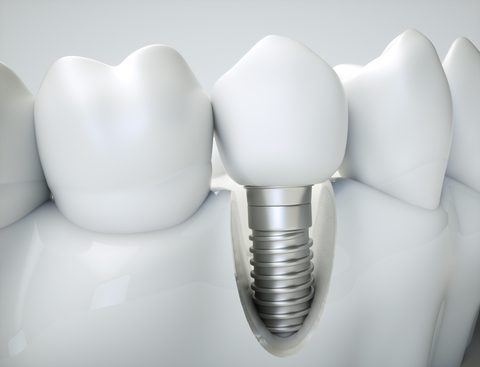
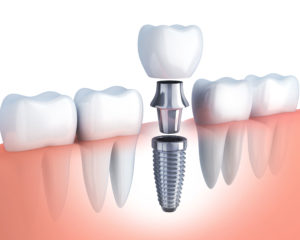 A missing tooth in the mouth does not just lead to an uneven smile. While most people readily replace a missing tooth to improve their smile or appearance, there are other important reasons to replace a lost tooth. If a tooth is missing due to injury or if it is
A missing tooth in the mouth does not just lead to an uneven smile. While most people readily replace a missing tooth to improve their smile or appearance, there are other important reasons to replace a lost tooth. If a tooth is missing due to injury or if it is 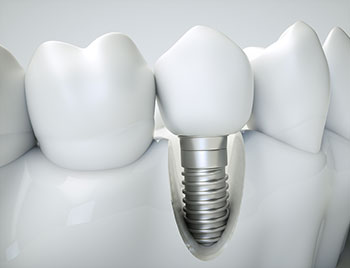
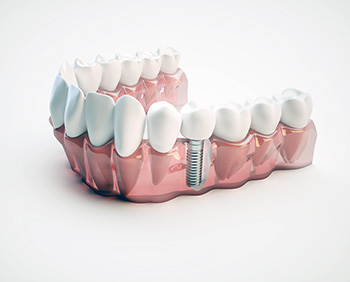
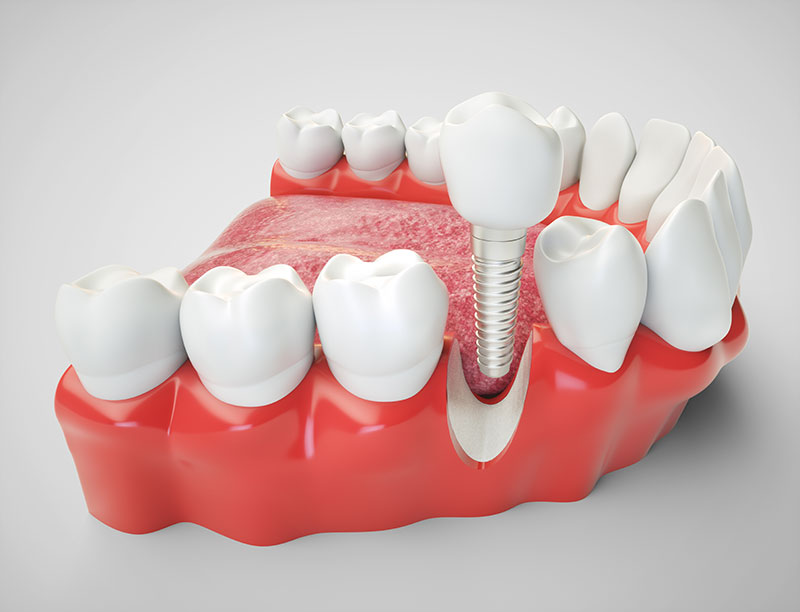
 At some point during their lifetime, most people will have a missing tooth or experience tooth loss. Most people will
At some point during their lifetime, most people will have a missing tooth or experience tooth loss. Most people will